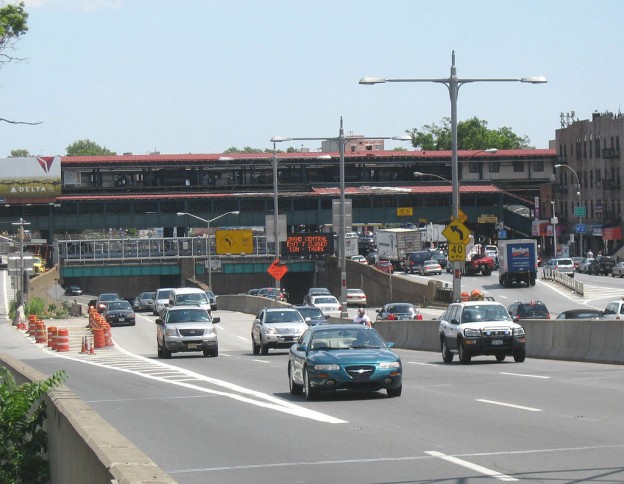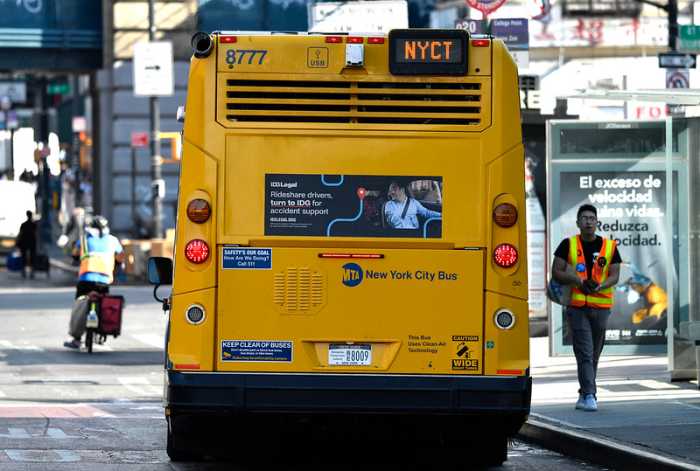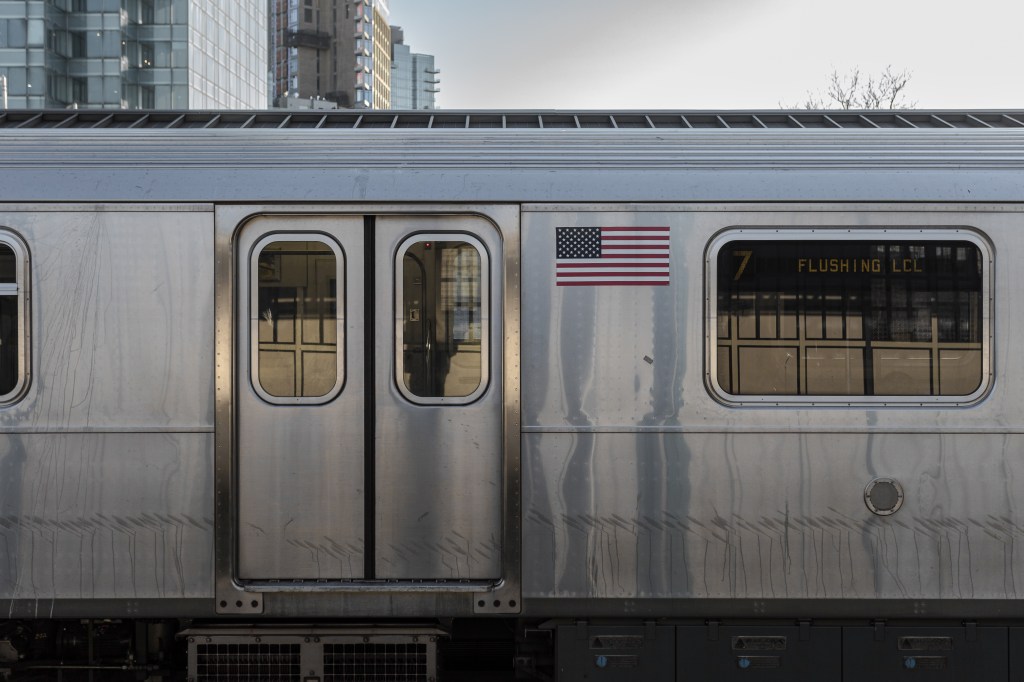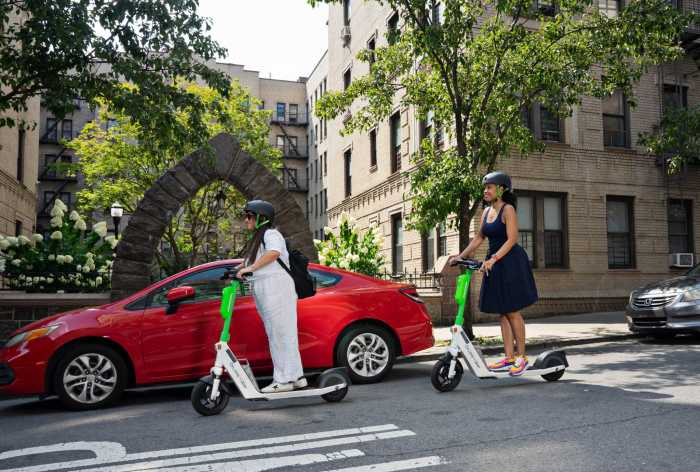The results of a new study will have drivers experiencing some road rage.
A new report by data technology company INRIX and transportation research agency Texas A&M Transportation Institute (TTI) shows that on a national average traffic congestion has caused drivers to waste more than 3 billion gallons of fuel per year and has kept drivers in their cars for close to 7 billion extra hours annually.
In total nationwide, $160 billion, or $960 per commuter, is spent each year.
According to the report called the 2015 Urban Mobility Scorecard, New York joins four other top U.S. cities on the list of “gridlock-plagued cities.” The Big Apple suffers from a yearly 74 hours of traffic delays per commuter.
“Our growing traffic problem is too massive for any one entity to handle — state and local agencies can’t do it alone,” said Tim Lomax, a report co-author and Regents Fellow at TTI. “Businesses can give their employees more flexibility in where, when and how they work, individual workers can adjust their commuting patterns, and we can have better thinking when it comes to long-term land use planning. This problem calls for a classic ‘all-hands-on-deck’ approach.”
The report says that traffic has gotten so bad in some major urban areas that drivers have to plan more than twice as much travel time as they would need to drive in light traffic just to account for certain delays that occur due to bad weather, collisions and construction zones.
For example, drivers on what are considered America’s top 10 worst roads — which include two in New York — waste on average 84 hours or 3.5 days a year in gridlock.
The report predicts that urban roadway congestion will continue to get worse without any help or action taken to reduce the issues.
By 2020, if the economy continues to do well, the annual delay per commuter will grow from 42 to 47 hours; the total delay nationwide will grow from 6.9 billion hours to 8.3; and the total cost of congestion will increase from $160 to $192 billion.




































